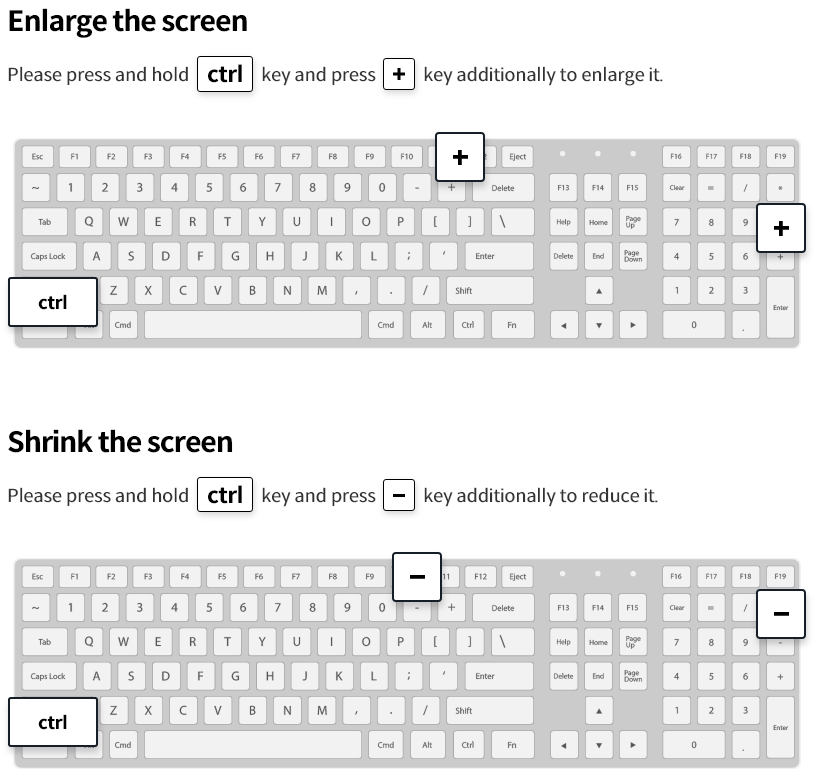The Export-Import Bank of Korea (www.koreaexim.go.kr, Chairman Yong Hwan Kim, “ Korea Eximbank”) will inject an additional USD 1 trillion in ship financing for Korean exporters of ships and offshore plants to assist the shipbuilding and marine transport sector struggling from fallout from the European debt crisis.
Chairman Yong Hwan Kim of the Export-Import Bank of Korea gathered CEOs of 14 shipbuilding and marine transport companies on July 16 for an emergency meeting at the 63 Convention Center in Seoul, where he commented, “We will actively support the shipbuilding and marine transport industry by expedient provision of financing. In light of recent difficulties faced by the industry, we will inject an additional USD 1 trillion in ship financing.”
Korean shipbuilders have been struggling with funding as the number of new orders plummets and advance payments are reduced under the heavy tail payment method*.
* Payment method in which a substantial portion of the payment is made at time of delivery.
Korean marine transport firms are also becoming increasingly cash-strapped in the current environment of falling shipping volumes and prices while oil prices increases.
Chairman Kim announced three measures for supporting the industry: increased liquidity, increased support for winning orders, and global leadership in ship financing.
To increase liquidity for the sector, Korea Eximbank will inject an additional KRW 1 trillion in export financing for shipbuilding and offshore plant construction. To increase bidding competitiveness of Korean companies, the rate of performance guarantees, such as the refund guarantee, will be reduced by 5bp.
In addition, the Bank will actively utilize the newly launched funding program* for used ship purchases to increase fleet sizes and alleviate cash flow problems for SMEs.
The Bank will also promote growth potential by actively utilizing comprehensive export financing**, which provides companies exporting marine transport services with working capital.
* Financing provided to Korean marine transport SMEs for the purchase of used ships with charters.
** Financing provided for use as working capital to marine transport firms based on their performance in operations abroad.
Korea Eximbank recently expanded and reorganized its Financial Advisory & Structuring Department to improve syndication loan arrangement capacities with Korean and overseas commercial banks.
Through such efforts, the Bank will fill the need for funding created by the retreat of European banks and thus lead the international medium- and long-term ship financing sector.
* Funding capacities of European banks have been reduced due to increased insolvency, increased funding costs from downgraded credit ratings, and tougher financial regulations such as Basel III.
During the emergency meeting, Chairman Kim stated, “Marine transport firms are facing reduced marine transport volumes as a result of the global economic downturn. As a result, shipbuilding orders have fallen and the shipbuilding industry is heading towards a recession. In these adverse circumstancess, we will do our best to help Korea’s marine transport and shipbuilding industry sail mightily across the five oceans.”
Jae Sung Lee, CEO of Hyundai Heavy Industries Co. Ltd commented, “Korea Eximbank’s efforts to listen to our problems and quickly respond with funding are much appreciated, especially at times like these when overseas environments are difficult.”


